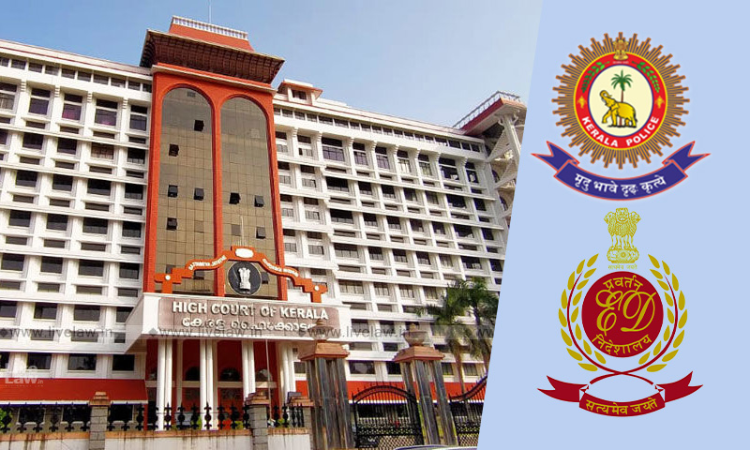ED v Kerala Police : High Court Reserves Judgment In Pleas Against Crime Branch FIRs
Lydia Suzanne Thomas
9 April 2021 5:28 PM IST

Next Story
9 April 2021 5:28 PM IST
The Kerala High Court today closed hearings of the writ petitions moved by the Enforcement Directorate challenging FIRs lodged against its officials by the Kerala Police. Expressing that the hearing had been a pleasure, Justice VG Arun informed the counsel that he would try to pronounce judgment by April 16, if possible, inspite of the Court being on vacation.In the meanwhile, the interim...
